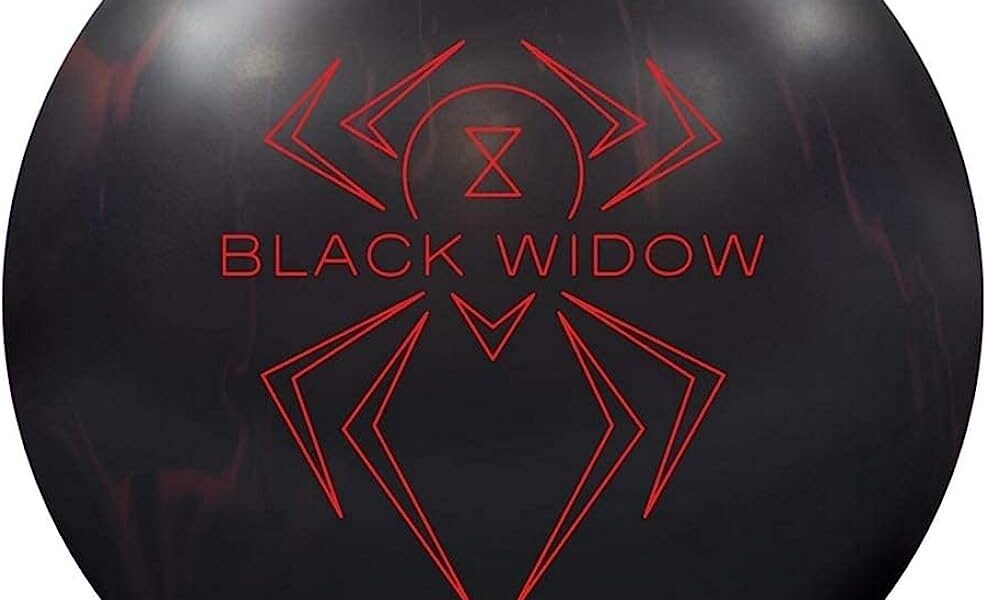After almost three decades collecting dust, Hammer Films is being resurrected, with films like Let Me In and The Resident already under its belt. Here, CEO Simon Oakes reveals his plans for the future, and how he will be honouring the studio’s legacy while creating great modern horror.
It was back in 2006 that Simon Oakes first seriously contemplated taking on Hammer Films for a reboot. The much-loved studio had not operated as a film company since the seventies—effectively becoming just a library—and, as such, needed a business-orientated leader: a CEO with a strategy and sound financial outlook, as opposed to just a rabid fan of the films of old.
Oakes’ background having always been in media, as a prime-time television producer and head of the content division for John Malone’s Liberty Global, certainly stood him in good stead. “I made the decision to try and effectively buy the company, because I knew the owners were basically sitting on it and not doing anything, and at the same time come up with a strategy to reinvigorate it,” he explains. “I wanted to be part of trying to rebuild a relevant and financially successful—when I say financial I mean enough to survive—British film company. That was the drive.
“To do that, you need to do more than just have a couple of mates in a room in Soho; you need to bring in people, partners [with] long histories of success in the film industry,” Oakes continues. “Which is what I did, bringing in Nigel [Sinclair] and Guy [East], and a very smart financial guy from Liberty. We set about building a company. To me it was a wonderful part of our culture that needed to be revived.”
The timing is impeccable. Regardless of what is likely an urban myth about horror faring particularly well in times of austerity, the influx of remakes of the past few years means fans of said genre—and of a storyline—are hungry for more. “There was this period from the beginning of the Saw and Hostel franchises, which sort of usurped the genre and made it pretty visceral,” says Oakes. “Torture porn type of films. They’re great, but they’re not for me. I don’t think they’re for Hammer either. They were very financially successful, but ultimately they’ll be a footnote in the genre, compared to other filmmakers.”
Of course a good part of the affection for Hammer was down to its quintessential Britishness; in order for a successful reestablishment of the name to be achieved, it would surely be logical to bear this in mind. “You maintain a certain element of Britishness, it’s important, I think,” agrees Oakes. “Hammer must always make sure its output has a British slant. On the other hand, film’s a global medium; to be specifically British is a mistake. If a property comes along and we think it can work under the Hammer ethos, you’d be crazy not to do things.”
…










